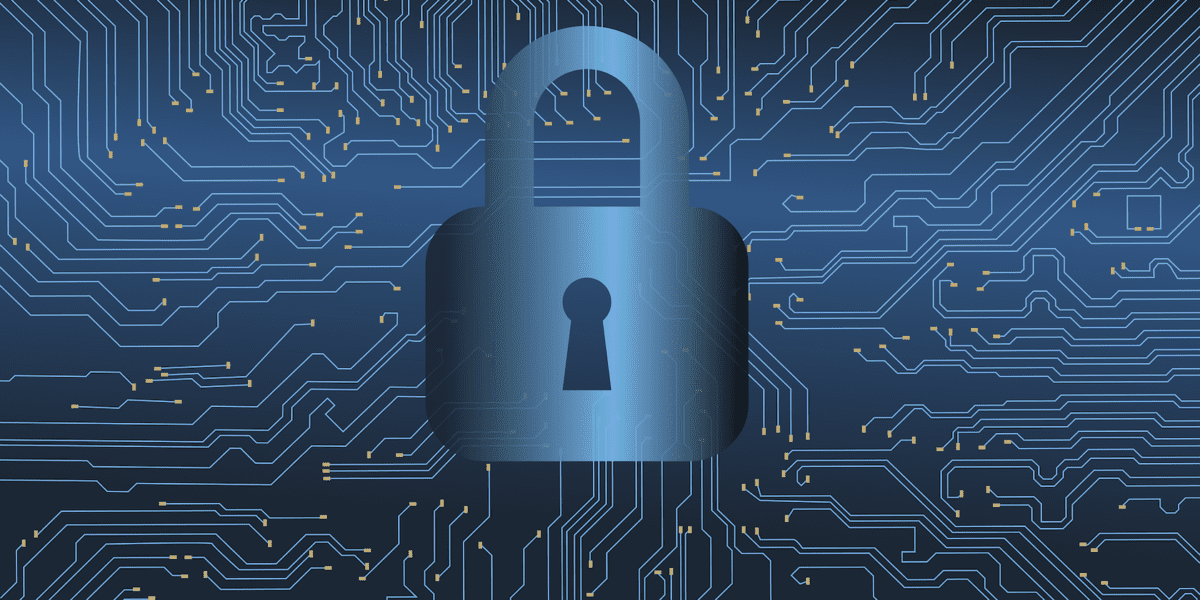
You’ve probably heard over and over that computer security is vital, especially if you run a small business. But do you really take that seriously?
Sure, we hear about the odd security breach or malware attack and hope that it doesn’t happen to us. You might even think that your business is too small to be a target. But the risks of malware are so great that it’s wise to re-evaluate what you can do better.
Let’s look at ten major reasons and statistics that illustrate the important of cyber security, especially for businesses.
1. Data Recovery Is Insufficient
According to the BBB, just 35% of business owners said they’d be able to continue making a profit for over three months if they lost access to their most important data. Think about where you would be if you lost critical records and files.
This illustrates the importance of two factors: malware protection and a backup system.
With a proper backup, you can recover essential data if it’s accidentally deleted, stolen, or destroyed by malware. And of course, with proper malware protection, you run much less of a risk of having your data wiped out by an attack in the first place.
2. Company Device Risks
As mobile tech is a huge part of today’s business landscape, many companies issue their employees work-specific devices. Dell found that 22% of employees at small or medium businesses have lost such a device. That’s a terrifying figure.
Having a phone or tablet that’s full of company information out in the wild isn’t a pleasant thought. You need the right security software so you can locate or remotely erase it to minimize risk if this happens.
3. Late Detection
Microsoft found that the median number of days an intruder goes undetected on a network is 146. That’s a staggering figure, equal to nearly five months.
Can you imagine having an attacker snooping around on your company’s network for nearly half a year before you even know about it?
4. Cybercriminals Are a Major Threat
It’s easy to think that cyber crime is a minor pain point compared to other forms of illegal activity. But that’s not true. In fact, as of 2018, the FBI has 41 cybercriminals on its most wanted list.
That’s a large number of lawbreakers, and that number is growing all the time as cybercrime becomes more sophisticated and widespread.
5. Ransomware Is a Widespread Issue
Patching is good. #Endpointsecurity that works is better. Read more about why patching missteps aren’t an excuse to blame victims of #ransomware and other #cyberattacks: https://t.co/lCceYA4Clg
— Dell (@Dell) December 7, 2017
You’ve likely heard of ransomware, a popular type of malware, that locks your computer files and demands payment to get them back. This type of attack is devastating if you aren’t prepared for it, and it’s not getting any better.
According to the FBI, over 4,000 ransomware attacks occur every day on business networks and home PCs. Having all your files locked in an instant is frightening and it could lead to end of your business.
6. Many Businesses Get Attacked
In a BBB report, 20% of businesses indicated that they’d been targeted by a cyberattack. Granted, this means not every business is in the crosshairs. But one in five is still significant, and shows that any company could be targeted.
7. Employees Don’t Take Caution
In a perfect world, a company’s emphasis on security would resonate with its employees. But that’s unfortunately not the case. Per Dell, 45% of employees across a variety of organizations have admitted that they take unsafe actions.
That means nearly every other employee takes some action that could put your company’s security at risk. Even if you take all the necessary precautions for the business at large, who’s to say one of your employees wouldn’t cause a breach?
8. Strong Passwords Are Vital
The BBB found that passwords are the number one type of data affected when a cyber-attack occurs. It doesn’t matter how strong a password is once it’s out in the open, so keeping them secret is essential.
But our passwords are still terrible. Easily guessable strings like “abc123” and “letmein” continue to top the charts of the most popular passwords. Weak security like this opens the door to attackers.
9. Compromised Credentials Are Common
Continuing from the above, it’s no surprise that stolen or otherwise leaked user credentials account for 63% of network intrusions, per Microsoft. A weak password that’s easy to guess, one the user has reused on multiple sites, or a password left in the open on a sticky note or text file are all easy targets for thieves.
Your network is only as strong as its weakest component, which is often the passwords of your users.
10. Companies Don’t Do Enough
Perhaps most shockingly, RSA found that 73% of companies have admitted their threat detection isn’t good enough. That means nearly three out of four organizations aren’t properly equipped to detect and shut down intrusions.
Is your company one of these, and thus open to attack?
Dell Small Business Can Help

If you’re worried about your company’s security, a great first step is using computers that have great security software pre-installed. Thankfully, Dell Small Business has you covered on this.
Check out Dell Small Business Offers for great discounts on work-ready business PCs. You’ll find laptops and desktops for all sorts of needs, plus monitors.
Get Your Business Security in Order
It’s wise to reassess where your company stands on security. If you haven’t been the victim of a cyber-attack, take some time to identify your company’s weak points. Consider the above points and how your business can protect against them. And with some great computers from Dell Small Business, you’ll be well on your way.
Read the full article: Is Your Business Making These 10 Cyber Security Mistakes?